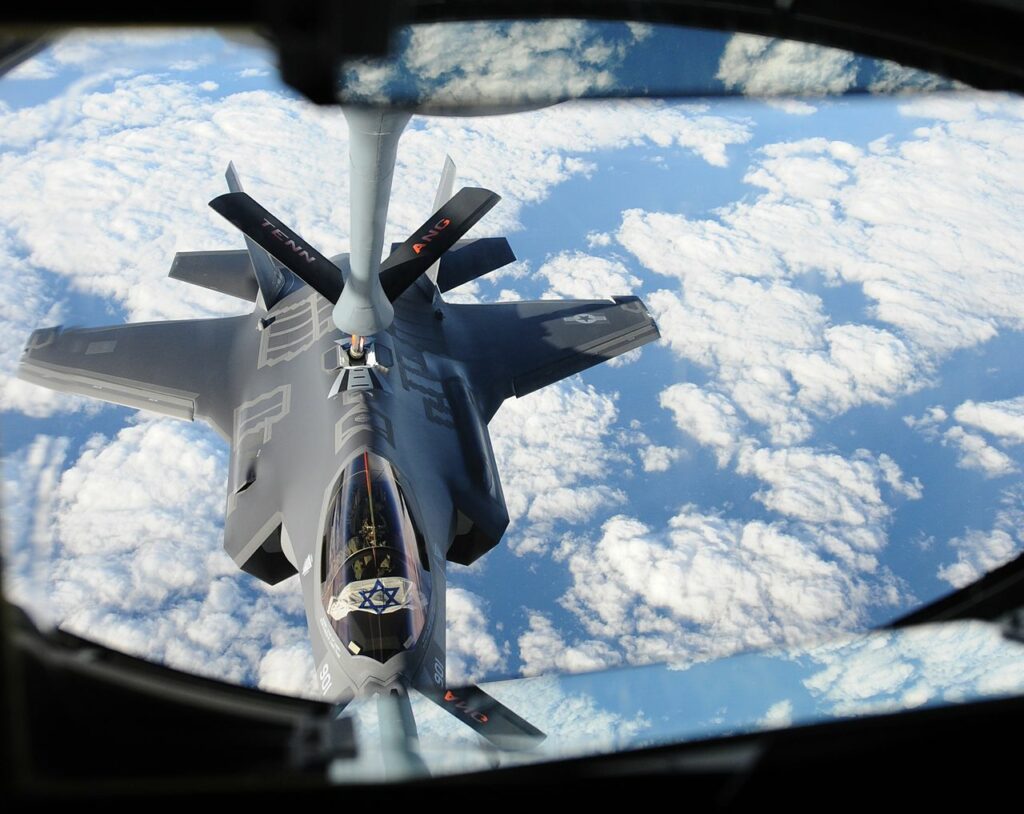
(Scypre.com) – Former President Donald Trump issued a dire warning on Friday in the wake of Israel’s powerful airstrikes on Iranian nuclear and military infrastructure. In a post on Truth Social, Trump stated that the next wave of Israeli attacks would be “even more brutal” unless Iran returns to nuclear negotiations immediately. “There has already been great death and destruction, but there is still time… NEXT ATTACKS being even more brutal… Iran must make a deal, before there is nothing left,” he wrote, drawing global attention and sharp reactions from world leaders.
The warning came just hours after Israel launched “Operation Rising Lion,” a surprise military campaign that targeted more than 100 sites across Iran, including the heavily guarded Natanz and Fordow nuclear enrichment facilities. The attacks reportedly killed several high-ranking officials, including IRGC Commander Hossein Salami and Armed Forces Chief Mohammad Bagheri, along with top nuclear scientists. Iran responded swiftly by launching over 100 drones toward Israeli airspace, most of which were intercepted.
In follow-up remarks during a brief media interview, Trump emphasized that it was not too late for Iran to “do the right thing,” urging them to re-enter negotiations on a new nuclear deal. He also alluded to his past administration’s pressure strategy, saying that he had previously given Iran a 60-day deadline to re-engage diplomatically. “They didn’t take it then. They still have a chance now, but that window is closing fast,” he said.
Within the U.S., the Biden administration distanced itself from the Israeli action. Secretary of State Marco Rubio confirmed that while Israel had informed Washington of its plans beforehand, the operation was carried out independently. Democratic lawmakers, including Rep. Jim Himes and Sen. Chris Murphy, criticized the situation, blaming the collapse of the 2015 Iran nuclear deal and warning that further escalation could draw the U.S. into an unwanted regional war. “This is the disaster of Trump and Netanyahu’s own making,” Himes said, cautioning against celebrating the strikes as a solution.
The broader international response has been urgent and divided. Iran’s Supreme Leader Ayatollah Khamenei denounced the attack as a “declaration of war,” promising severe retaliation. The United Nations Security Council convened an emergency session after Iran called for global intervention. Meanwhile, European leaders including France and Germany appealed for de-escalation, while Turkey issued a statement condemning the Israeli strikes as reckless.
Markets reacted sharply. Crude oil prices surged over 10%, with analysts warning of a possible stagflationary shock if the situation worsens. Defense stocks spiked as investors braced for more instability, while commercial airline and shipping sectors posted steep losses.
Military analysts noted the sophistication of the Israeli assault, with reports suggesting Mossad operatives were embedded in Iran to guide the strikes with pinpoint accuracy. Experts also warned that hardline factions within Iran are unlikely to engage in diplomacy under pressure, interpreting Trump’s statement and the Israeli offensive as acts of aggression rather than deterrence.
As of now, Israel remains on high alert, signaling readiness for additional strikes should Iran retaliate further. Meanwhile, Trump’s high-profile intervention appears to have added new urgency to the conflict, raising stakes both diplomatically and militarily. Whether Iran will heed his call for negotiation—or respond with further escalation—remains the central question facing the region and the world.